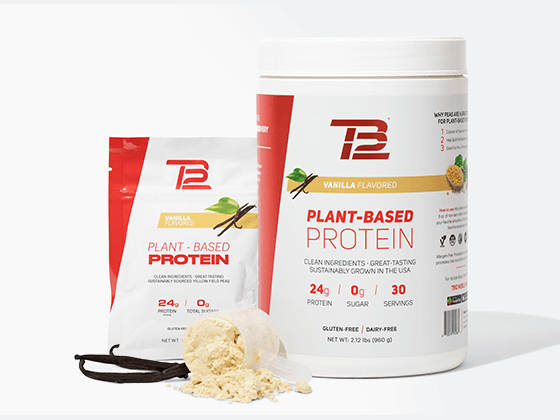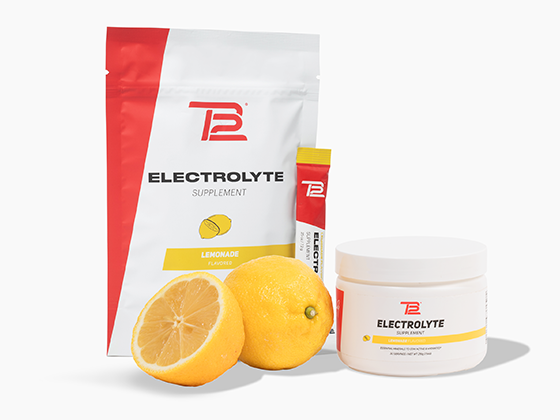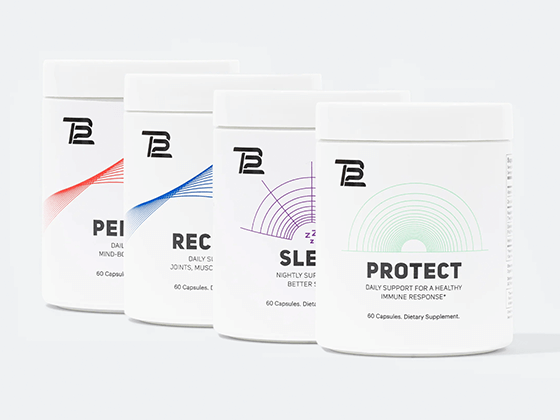Think about the things you did today
Your entire day is riddled with decisions: Do I take the stairs or the elevator? Should I have a salad for lunch or just eat a sandwich? Do I go for a run now, or just do it tomorrow? What you probably don’t even realize is how easy it is to get settled into this routine and how unconscious some of these questions become.
It’s all a product of habit
A habit is something that is practiced so regularly that your brain develops a subconscious ability to perform the action. Habits can be a great thing, especially for those who adopt a habit of going to the gym everyday, or choosing to buy fruits & vegetables at the store instead of sweets. The problem with habits, though, is how easy it is to develop detrimental ones. You have to remain diligent and always be aware of the habits you’ve formed in order to avoid falling into a pattern of negative habits.
Regardless of your goals – be it sports, job, physical health, mental health, or family – a habit is a powerful force that can help anyone achieve long term success. Question is: how can we form a sustainable habit that lines up with our goals? Making a list allows you to see where you can change an existing habit or install a new one. For example, if you’re looking to get in the habit of spending a few minutes on pliability work in the AM before work, you can start by adding it to your routine like this: I wake up, spend 10 minutes rolling with my pliability roller, eat my breakfast, have my morning coffee, and then read my emails. This will allow you to tell yourself that prior to having breakfast and enjoying your morning coffee, pliability work must come first.
Step 1:
Be Aware of Your Current Habits Habits have a tendency to become so automatic over time that it’s easy for us to forget what the habit is in the first place. Developing an awareness of our own daily habits is the best way to start changing them. A great way to understand what your habits are is taking a log of your daily activities. For instance: I wake up, eat my breakfast, have my morning coffee, and read my emails.
Step 2:
Keep it Simple! When creating a sustainable habit, it’s always crucial to start with an easy objective – the more complex something is, the easier it will be for you to stop doing it. Simple habits are easily repeatable! As soon as you’ve adapted to your new habits and are comfortable with them, you can begin to make them more complex. This takes us to Step 3.
Step 3:
Fall In Love With The Process, Not The Goal! We’ve all found ourselves looking into the future and setting goals that we want to accomplish in a certain timeframe – though these goals are not necessarily a bad thing, they are often difficult to achieve because they aren’t tied to our habits. Positive habits allow for continuous improvement, and these habits form the building blocks that drive us towards achieving our goals. For some of our clients at TB12, the goal is to eat healthier – for others it’s to lose weight or improve their physical health. Our clients almost always want to accomplish these goals within a certain timeframe, but what they really want is to be able to sustain the accomplishment for life.
If you’re truly committed to improvement and want to achieve longevity with your healthy habits, you have to embrace the process. Take it day-by-day and build these positive habits over time – they’ll form the foundation that will allow you to improve and build towards the goals you’ve set for yourself. Own Your Habits If there’s one thing you take away from this, start by identifying your current habits and look for ways that you can fit new healthy habits into your current routine.
Embrace this process every day and you’ll find yourself forming the very values you need in order to sustain your goals. “Sow a thought, reap an action; sow an action, reap a habit; sow a habit, reap a character; sow a character, reap a destiny.” ― Stephen Covey, The 7 Habits of Highly Effective People.







